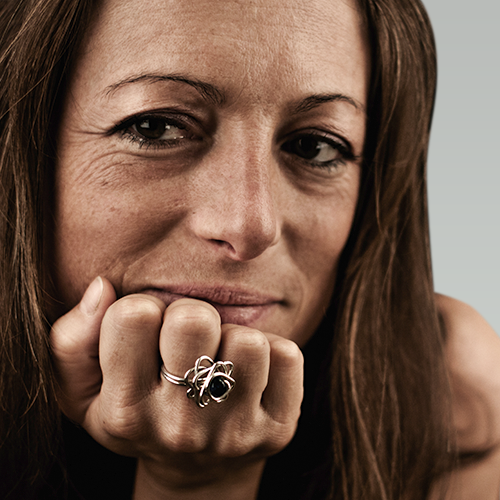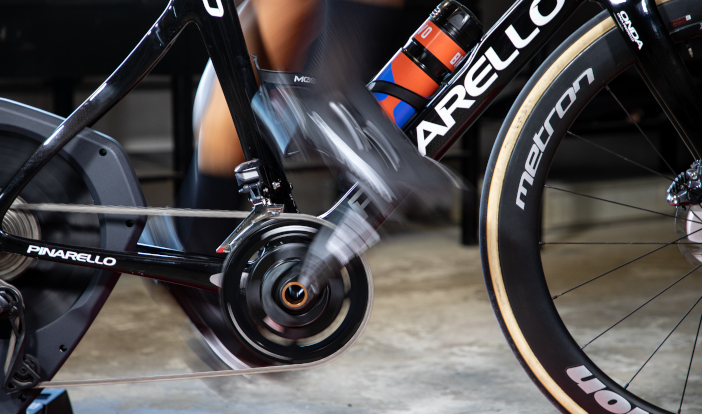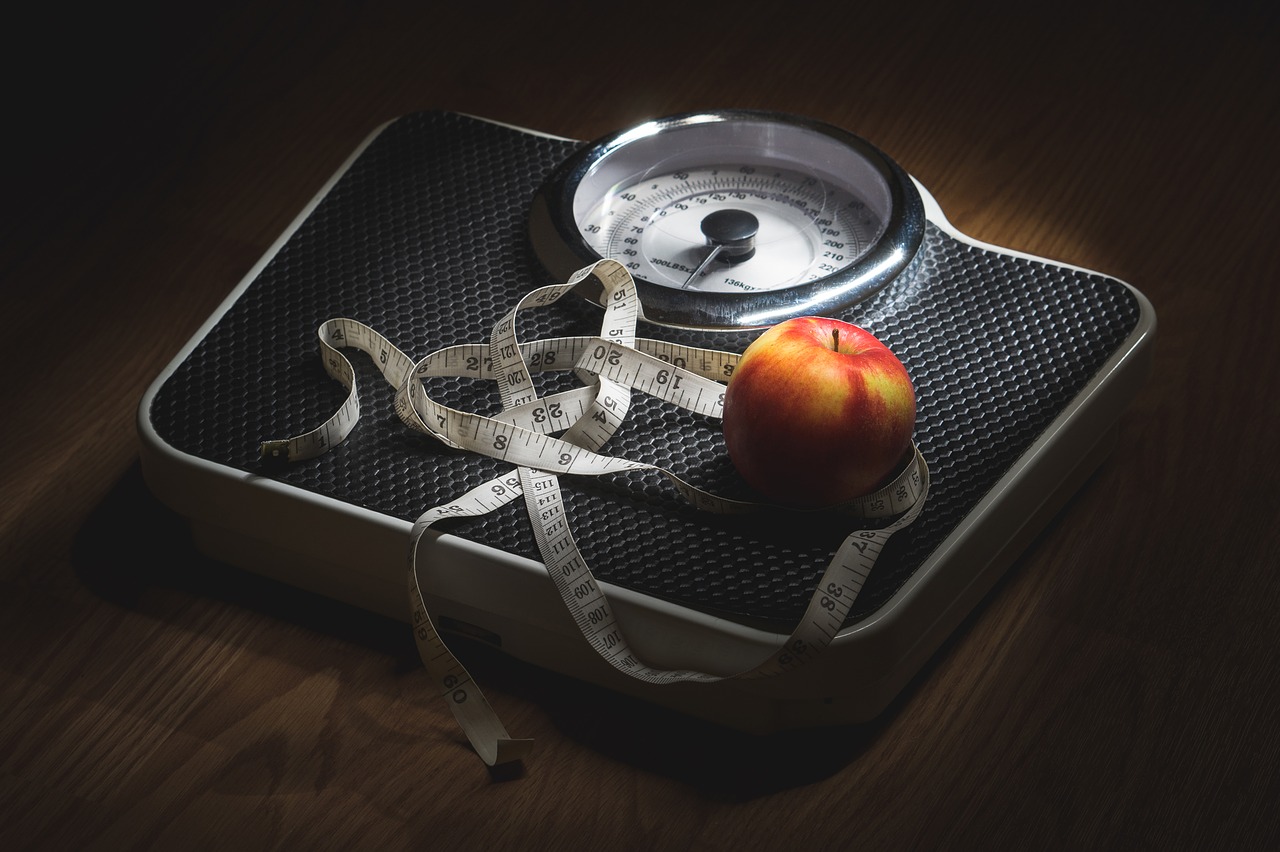Tatiana Gaudimonte makes us reflect on the modern exasperation for training and the consequences of restriction diets.
An old saying, attributed to George Bernard Shaw, goes more or less like this:
“The best things in life are illegal or immoral or make you fat”.
The obsession for training
We have been taught over the centuries to control our instincts to avoid being “punished”. That’s why, when you realize you have gained weight, it’s difficult to not immediately think that all that fat is a kind of punishment for your vices.
This is especially true for athletes who can become obsessed with working out to lose the weight gained during the holidays or during an interruption of the normal training schedule or other reasons. And on top of this, professionals from the sector will tell you that you can’t eat certain foods because they will make you fat but without explaining why.
And let’s not talk about those “therapists” who insult their clients by phone or some coaches who, for example, tell their athletes that they can eat ricotta but not mozzarella because the first won’t make you gain weight while the latter will. This confusion and negativity does not help those who are trying to lose weight or to improve their athletic performance! You risk ending up in a vicious cycle where you limit your food intake, cave in, feel guilty and then restrict even more. The end result is an increasingly damaged base metabolism that gets slower after every new restriction in a desperate attempt of the hypothalamus to save energy when not enough nutrition is present.
The exasperation of restriction diets
The data is clear: over the past forty years we have seen the most crazy restrictive diets (1975-2014) while the world population of obese men has grown by 700% and that of women by 400% (Lancet, April 2016).
So, maybe the time has come to change the way in which we try to resolve this problem, considering the disappointing results. Our body builds fat reserves to protect itself in case it doesn’t get enough food. We should remember that we function at a physiological level exactly like our hunter-gatherer ancestors of the Paleolithic era when the only reason you wouldn’t have enough food was because there wasn’t enough to eat!
When we put ourselves on a restrictive diet our hypothalamus thinks there’s a famine and tries to reduce the body’s energy consumption as much as possible while storing anything it can in fat. To buckle the belt tightly for weeks with the aim to lose weight, maybe living on crackers made of processed flour or on pasta is a losing strategy. Even if it leads to a lower number on the scales, it’s only a temporary result gained by physical and psychological suffering for which our body will ask us to pay it back with interest as the study cited above has shown. An excessively heavy penance, also because Lent has already passed a while ago.
Your nutritionist Tatiana Gaudimonte info@loveyourbody.ch

Tatiana Gaudimonte
You might also be interested in



